Connection gives meaning to our lives.
If you ask people about love, they tell you about heartbreak.
When you ask about belonging, they talk about exclusion.
When you want to know about connection, they lay out the most disconnected times of their lives.
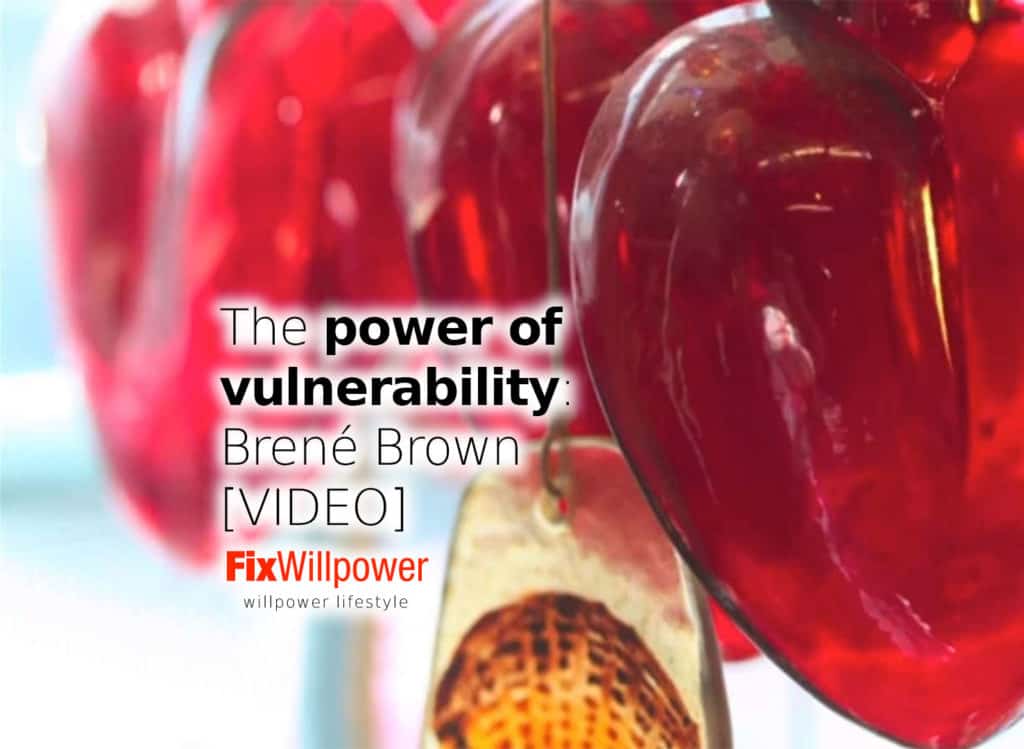
The most unconnecting feeling is shame. Shame breaks the connection. That shame breeds fear that others will not accept you and the more you talk about it, the more you have it.
Low self-esteem and vulnerability go hand in hand. People feel they are not smart enough, not beautiful enough, not promoted enough, and do not earn enough.
There’s an excruciating vulnerability, to connect to others, we need to be seen as we are.
We must open up!
The most important thing about shame and vulnerability is that there’s just one factor that really matters. The people who have a strong sense of love and belonging and folks who struggle for it, folks who are always wondering if they are good enough differ in one variable.
The variable was that people who have a strong sense of love and belonging believe that they are worthy of love and belonging.
That’s it!
Worthiness.
They believe they are worthy.
What do the people who feel worthiness have in common?
Wholehearted people have a sense of worthiness. The traits they had in common are:
1. Courage
Courage means opening up and being seen as imperfect.
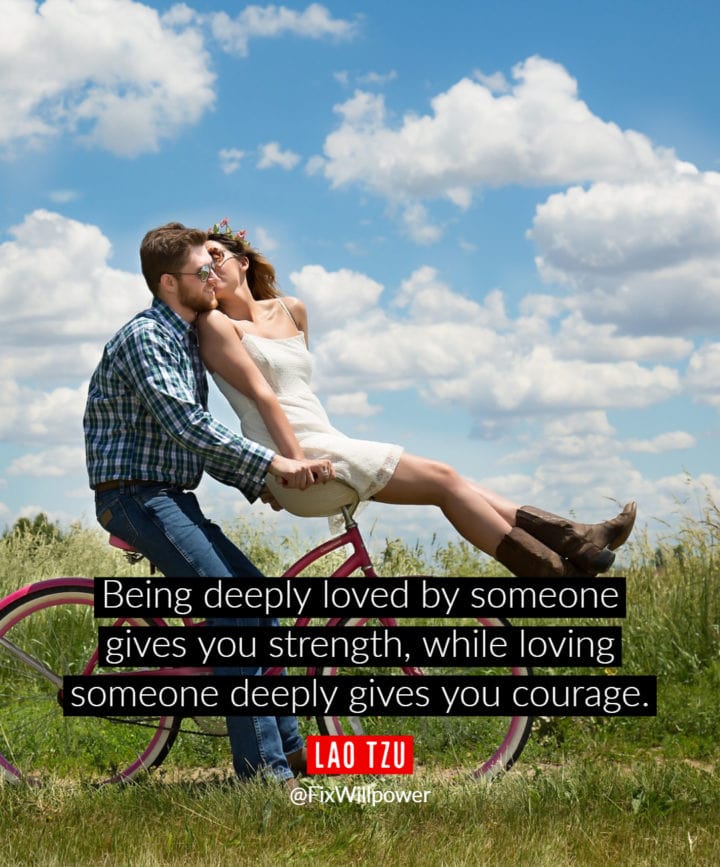
Being deeply loved by someone gives you strength while loving someone deeply gives you courage. ~ Lao Tzu
2. Compassion
They had compassion to treat themselves and others kindly. Compassion to be kind to themselves first and then to others. We can’t be compassionate about others if we don’t treat ourselves kindly.
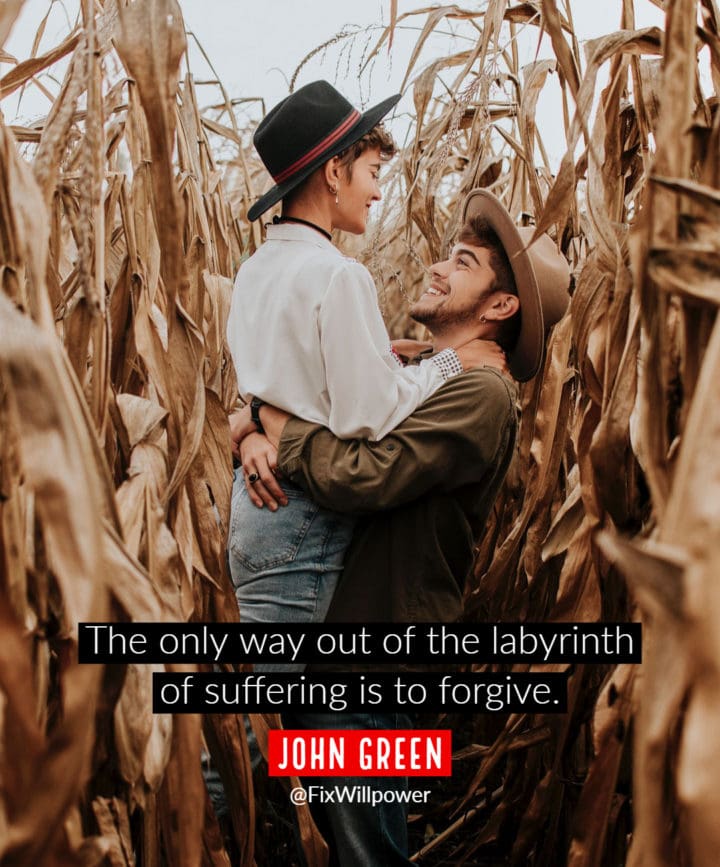
The only way out of the labyrinth of suffering is to forgive. ~ John Green
3. Connection
People have a connection because of authenticity. They are willing to let go of who they think they “should be” to be “who they are.” This is interesting as sometimes the advice is exactly the opposite, fake it until you make it.
They believed that what made them vulnerable made them beautiful. They fully embraced vulnerability – the willingness to say “I love you” first, the willingness to act without there being guarantees.
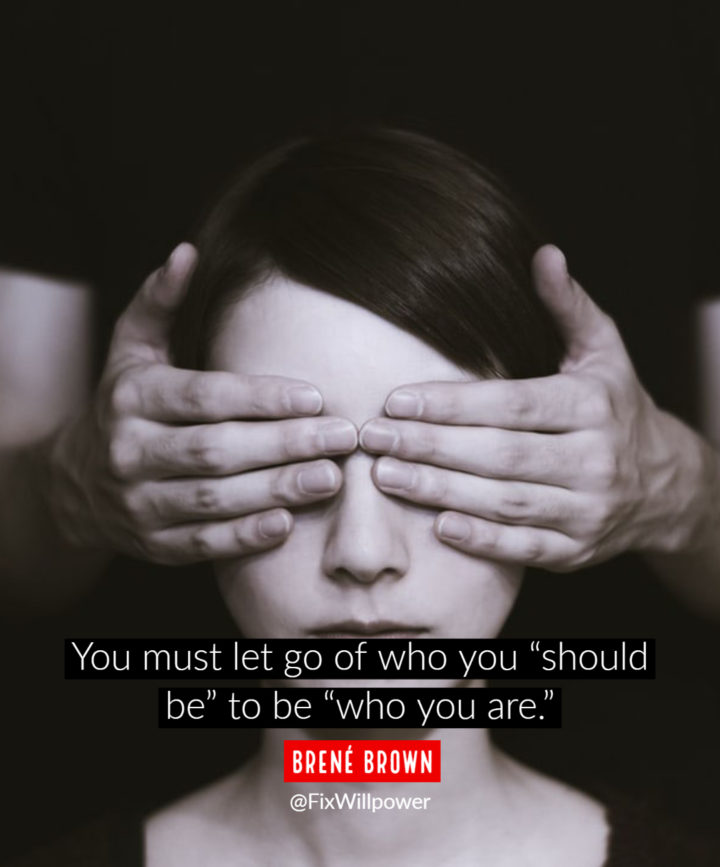
You must let go of who you “should be” to be “who you are.”
What is vulnerability?
There are a lot of situations where we are vulnerable:
- Asking your girlfriend to have sex.
- Being turned down.
- Asking someone out.
- Waiting for the doctor to call back.
- Being laid off.
- Laying off people.
- And countless other situations.
We try to deal with these situations and numb vulnerability. The problem from this is that we can not selectively numb an emotion.
We numb everything!
When we numb negative emotions, we numb everything including joy and happiness. And then we are miserable, looking for meaning and purpose… and then we feel vulnerable… which we will try to numb and the cycle repeats itself.
This is a way to discharge pain and discomfort.
Why we numb things:
- We try to make everything uncertain certain
- We want perfect
- We pretend that what we do doesn’t have an effect on people
But there’s another way:
- Let yourself be seen, vulnerably seen.
- To love with our whole hearts even there’s no guarantee.
- To practice gratitude and joy. (Read Improve Your Life #4: Attitude of Gratitude)
- To believe that you are enough!
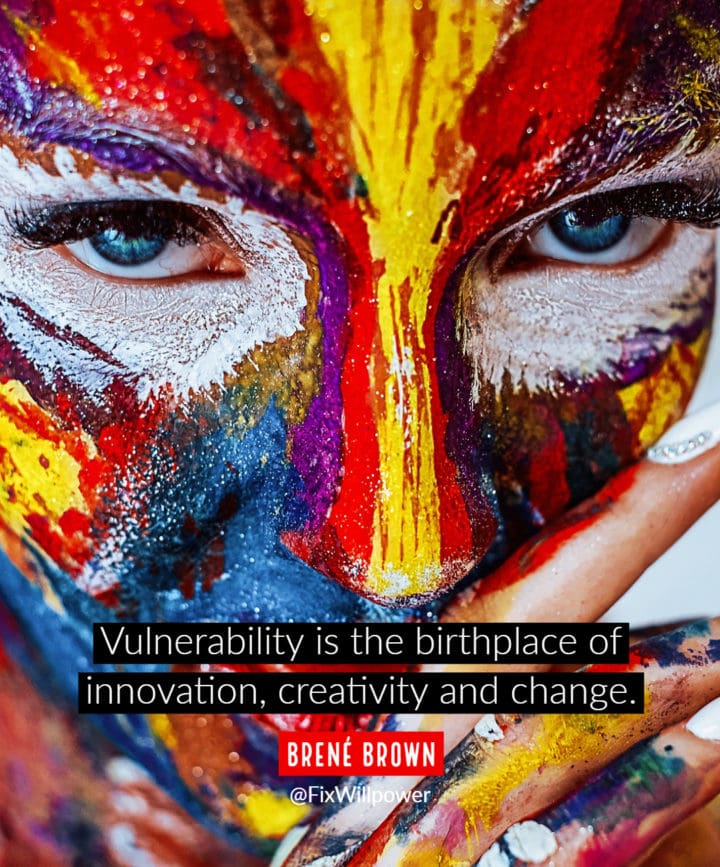
Vulnerability is the birthplace of innovation, creativity, and change. ~ Brené Brown
Brené Brown at TEDxHouston – YouTube.
Dr. Brené Brown is a researcher story-teller professor at the University of Houston, Graduate College of Social Work, where she has spent the past ten years studying a concept that she calls Wholeheartedness, posing the questions: How do we engage in our lives from a place of authenticity and worthiness? How do we cultivate the courage, compassion, and connection that we need to embrace our imperfections and to recognize that we are enough — that we are worthy of love, belonging and joy?
Brené is the author of:
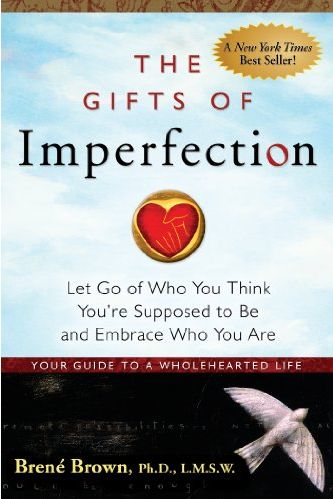
The Gifts of Imperfection: Let Go of Who You Think You’re Supposed to Be and Embrace Who You Are
When our embarrassments and fears lie, we often listen to them anyway. They thwart our gratitude, acceptance, and compassion—our goodness. They insist, “I am not worthy.” But we are worthy—of self-discovery, personal growth, and boundless love. With Brené Brown’s game-changing New York Times bestseller The Gifts of Imperfection—which has sold more than 2 million copies in more than 30 different languages, and Forbes recently named one of the “Five Books That Will Actually Change Your Outlook On Life”—we find courage to overcome paralyzing fear and self-consciousness, strengthening our connection to the world.
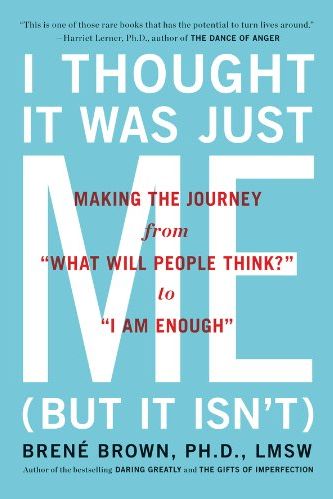
The quest for perfection is exhausting and unrelenting. There is a constant barrage of social expectations that teach us that being imperfect is synonymous with being inadequate. Everywhere we turn, there are messages that tell us who, what and how we’re supposed to be. So, we learn to hide our struggles and protect ourselves from shame, judgment, criticism, and blame by seeking safety in pretending and perfection.
![Read more about the article Eating me! [Would you eat your own meat?]](https://fixwillpower.com/wp-content/uploads/eating-me-429x314.jpg)
![Read more about the article Learn Every Day 👩🎓 [3 Ways to Improve Yourself in 2024]](https://fixwillpower.com/wp-content/uploads/learn-every-day-429x314.jpg)
![Read more about the article How to Choose Yourself! James Altucher+Seth Godin [2 VIDEOS+BOOKS]](https://fixwillpower.com/wp-content/uploads/2013/06/James-Altucher-Choose-Yourself-429x317.jpg)
![Read more about the article 17 Tips How to Sleep More and Improve Your Life [VIDEO]](https://fixwillpower.com/wp-content/uploads/sleep-more-429x314.jpg)